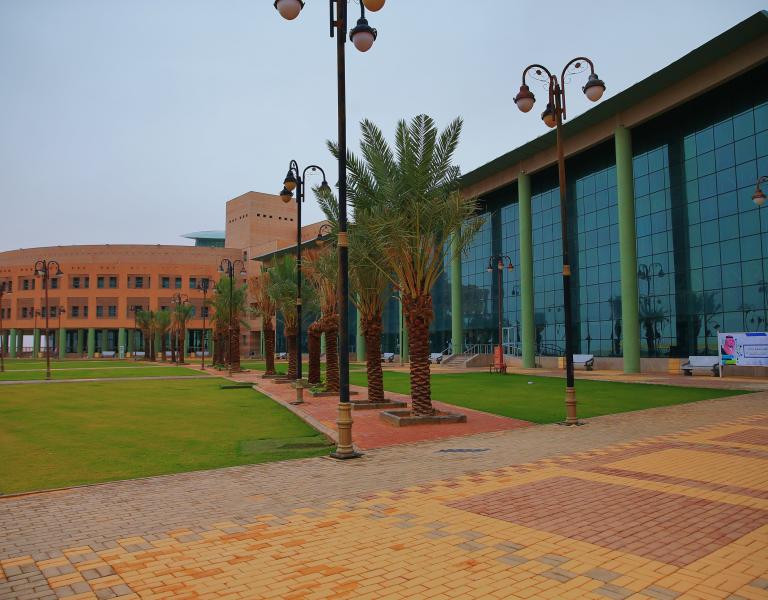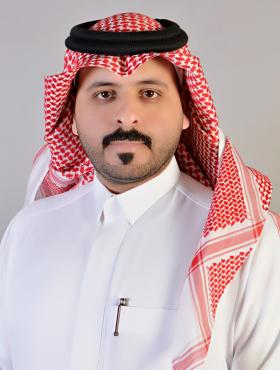About The Department
At its third meeting for the academic year 1435-1436 AH held on 2014/12/29, The Northern Border University Council approved the study plan for the developed Physics Program.
Since then, Physics Department has been building strong and diverse teaching bases and research programs with experienced and competent faculty members.
The primary goal of the programs is to prepare graduates who can continue postgraduate studies, go into educational institutions and research centers, join industrial establishments in multiple fields at the local, regional and international levels, or be leading researchers.
The Department has about 17 faculty members who conduct theoretical and experimental research in various fields, which includes a wide range of disciplines in Physics, most notably Theoretical Physics, Polymer Physics, Metallurgical Physics, Advanced Material Physics, Nuclear, and Radiophysics, as well as seven technicians in the Department's labs. The Department of Physics is continuously developing by growing the number of students and by periodically developing laboratories and studies. plans
The Department presents the physics program.
The Physics Department has two Master's Degree programs:
Master's of Science in Solid-State Physics
Master's of Science in Biophysics

